Recently, I received an interesting email from a follower asking a fundamental question about the legal use of frequencies on various two-way radios. This question is common among two-way radio enthusiasts, and though I've addressed it in previous content, it's worth revisiting for clarity.
The Core Question
The email essentially asked: "What frequencies can I use safely without drawing unnecessary government scrutiny?" This is a critical question for anyone new to the two-way radio world.
FCC Regulations and Radio Types
The Federal Communications Commission (FCC) in the United States has specific rules governing the use of different radio types:
- Ham Radios: To transmit on ham radio frequencies, you need a ham radio license.
- GMRS Radios: To use GMRS frequencies, you must have a GMRS license.
- FRS Radios: These use the same frequencies as GMRS radios but do not require a license.
- MURS Radios: No license is needed, but transmissions must be on MURS-specific frequencies.
- CB Radios: These also do not require a license and operate on designated CB frequencies.
- Business Radios: These require a business radio license and are typically used by first responders and other organizations.
Potential Issues and Legal Considerations
Using any of these radios on frequencies not designated for their use is illegal and can lead to penalties. For example, using a ham radio on GMRS frequencies without the proper license or using business radio frequencies without authorization can attract legal repercussions.
Practical Advice
-
Stay Clear of Business Frequencies: These are used by critical services like police, fire, and ambulance. Unauthorized use can lead to severe penalties.
-
Ham Radio Frequencies: While the FCC may not heavily enforce these regulations, unlicensed use can still attract unwanted attention from licensed operators who might report violations.
-
GMRS and FRS Frequencies: These are suitable for public use but can be crowded. Ensure you have the proper licenses where required.
-
MURS Frequencies: These are less known and thus less crowded, making them a good choice for those who want to avoid attention, provided you use MURS-approved radios.
Conclusion
In summary, while the rules around radio frequencies can be complex, understanding and following them is crucial. Each radio type has its designated frequencies and licensing requirements, and adhering to these ensures legal and trouble-free operation. Always check the FCC guidelines and ensure your radio operations comply with the regulations.
📻 Enjoy Radio Time responsibly and stay within legal boundaries to ensure smooth and uninterrupted communication!

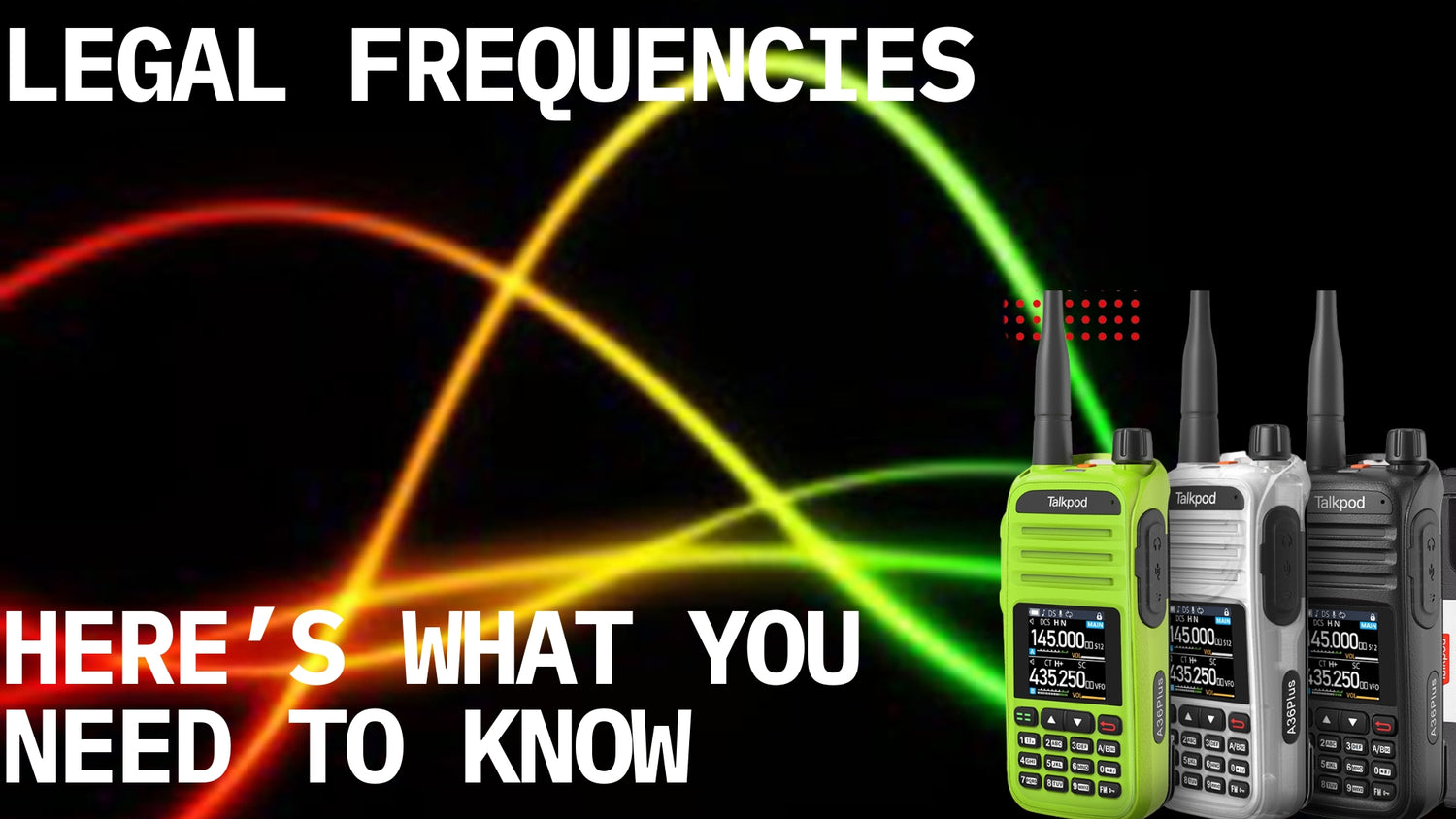
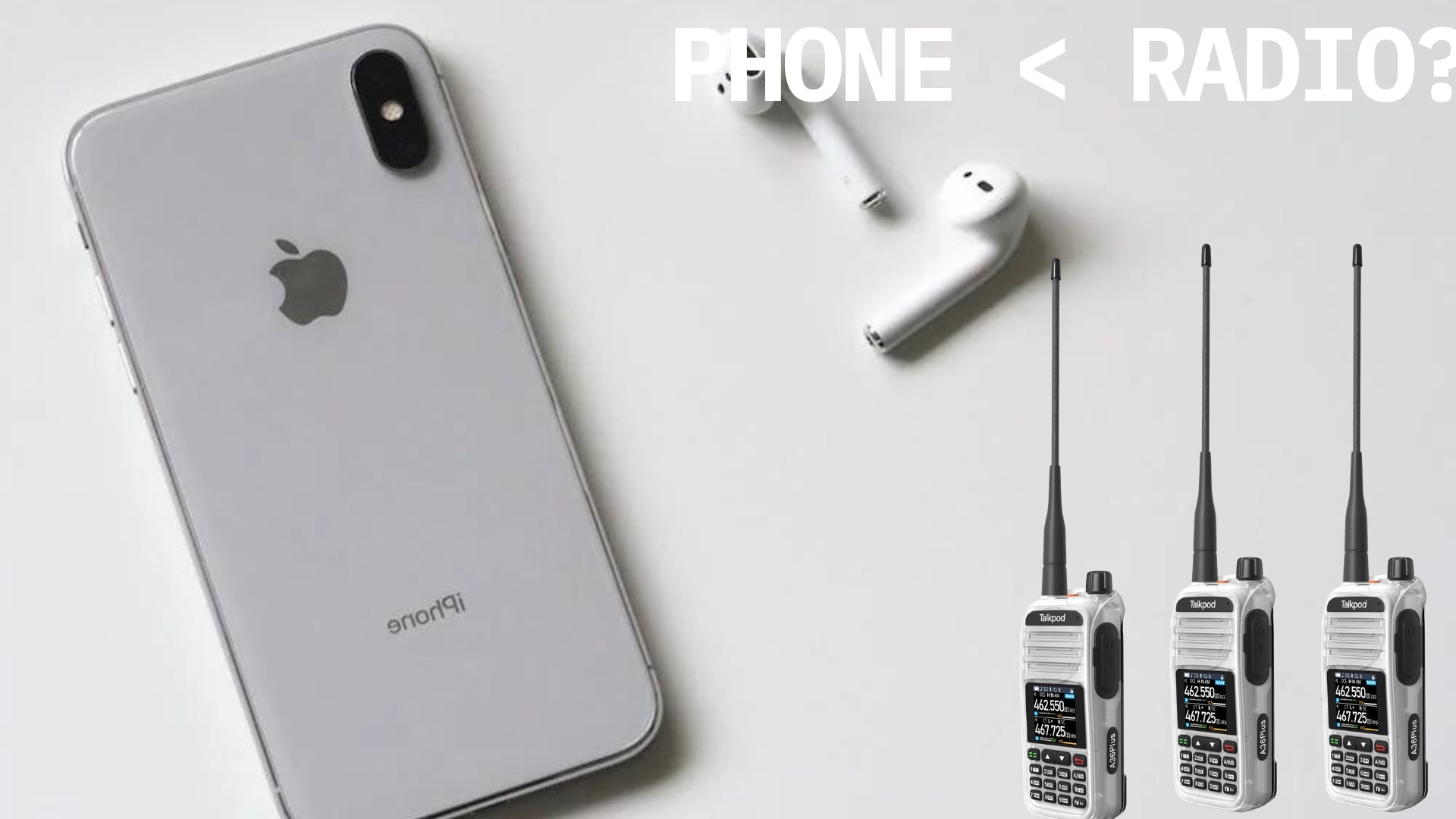
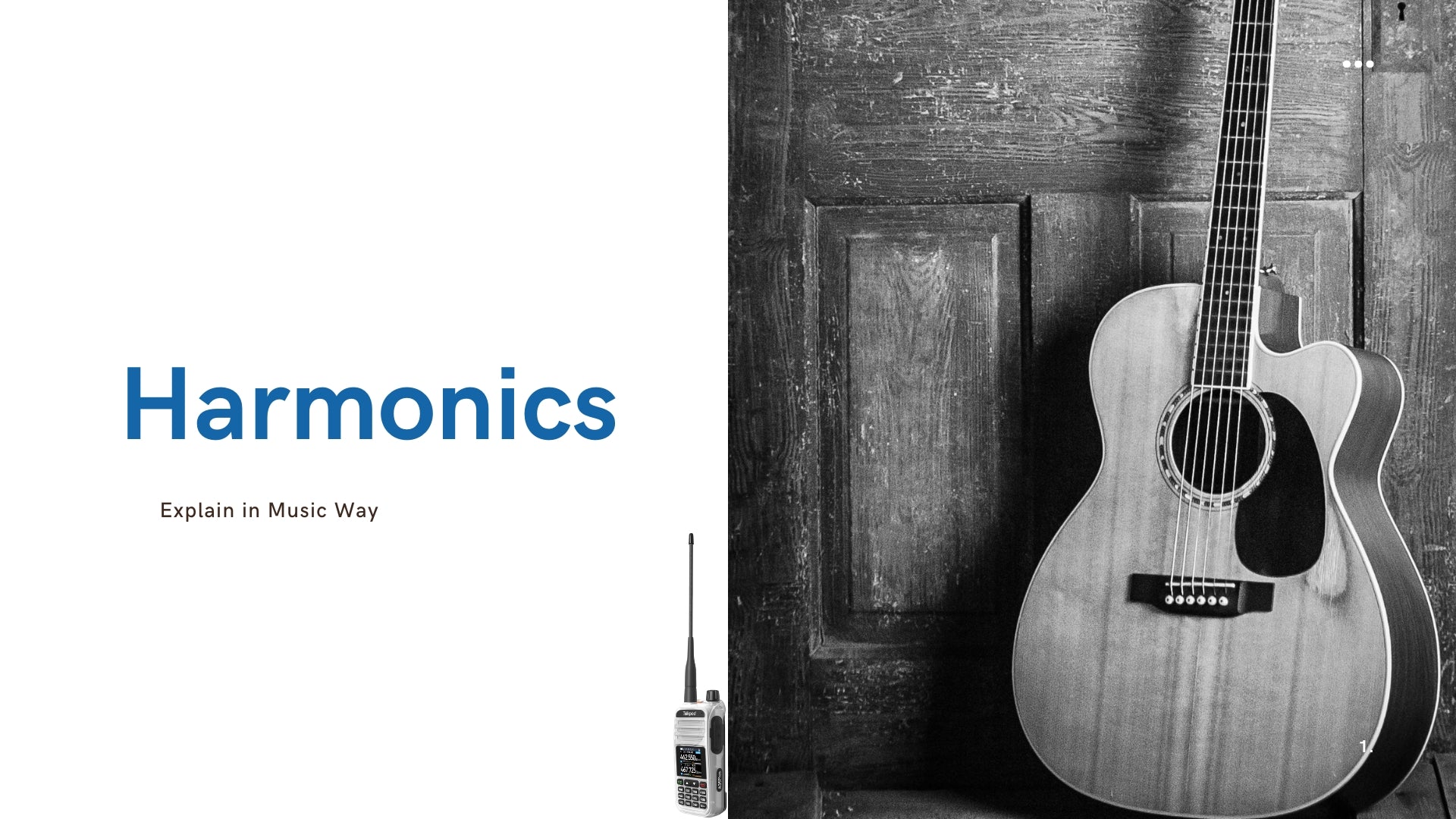
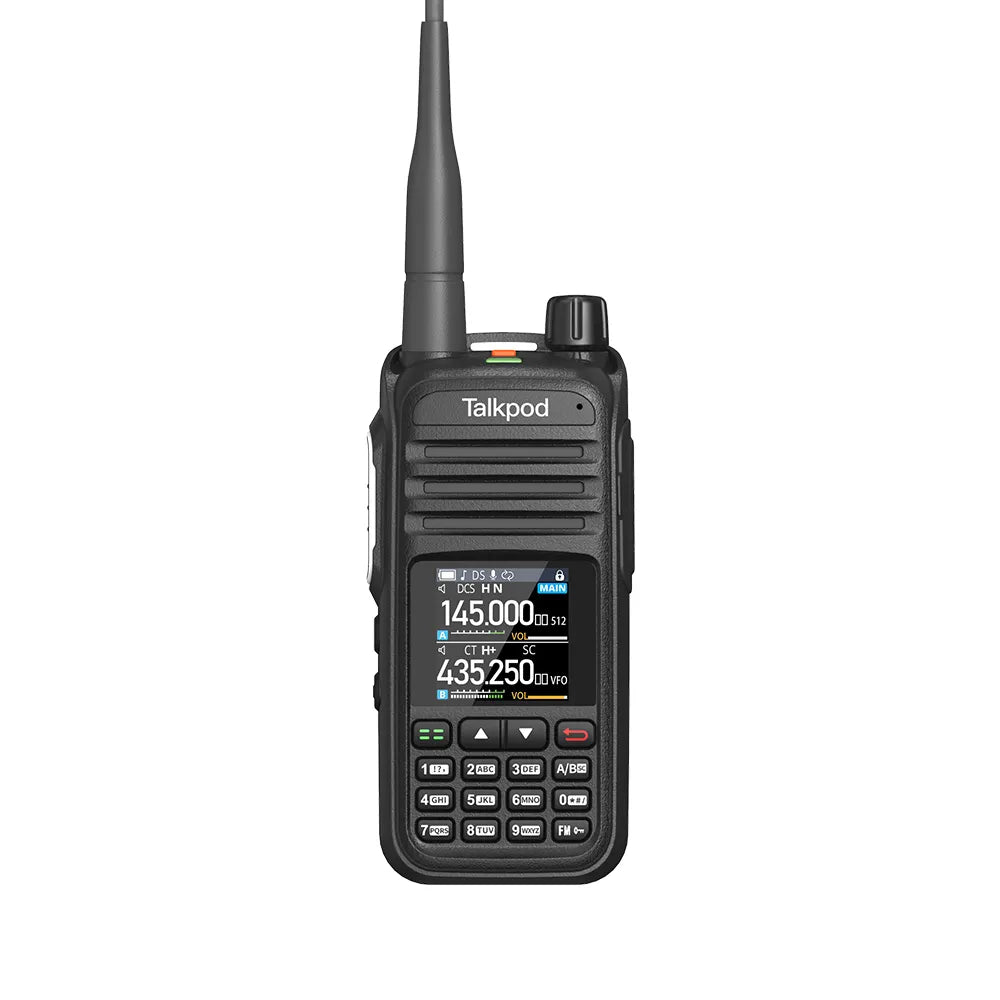
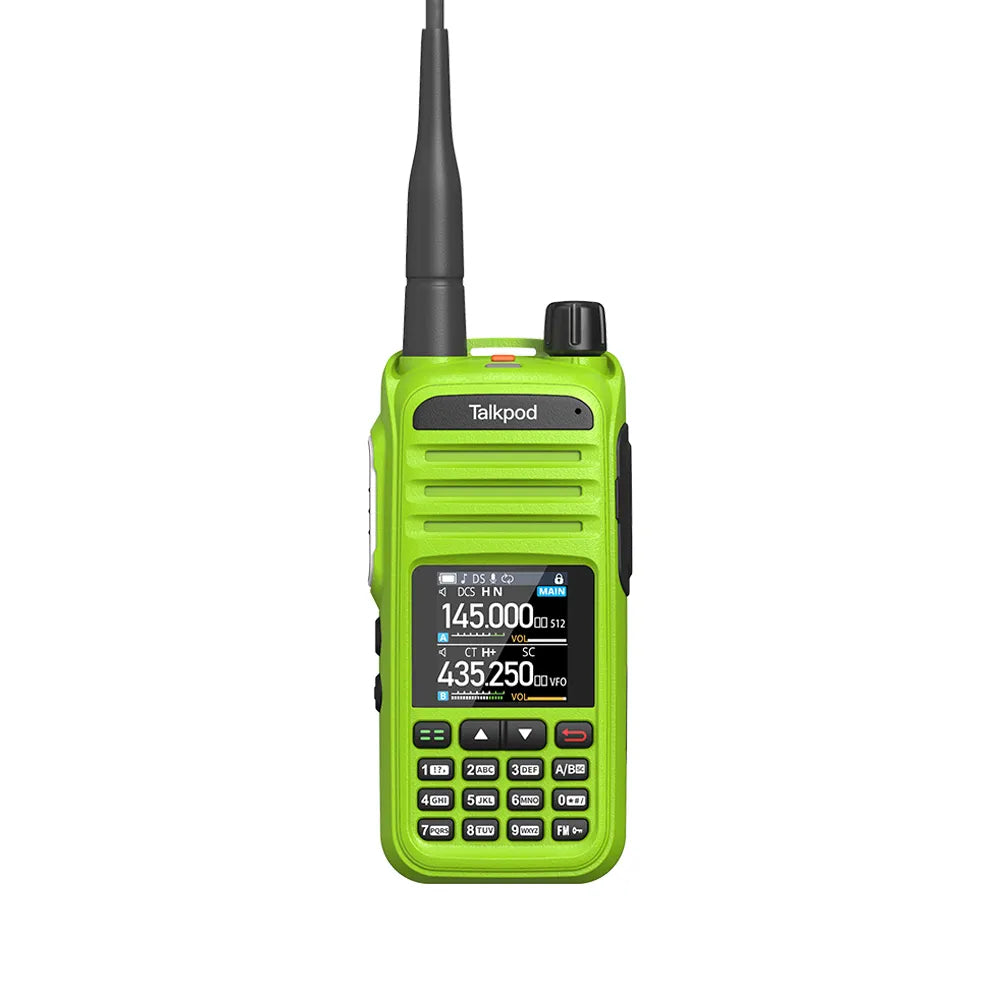
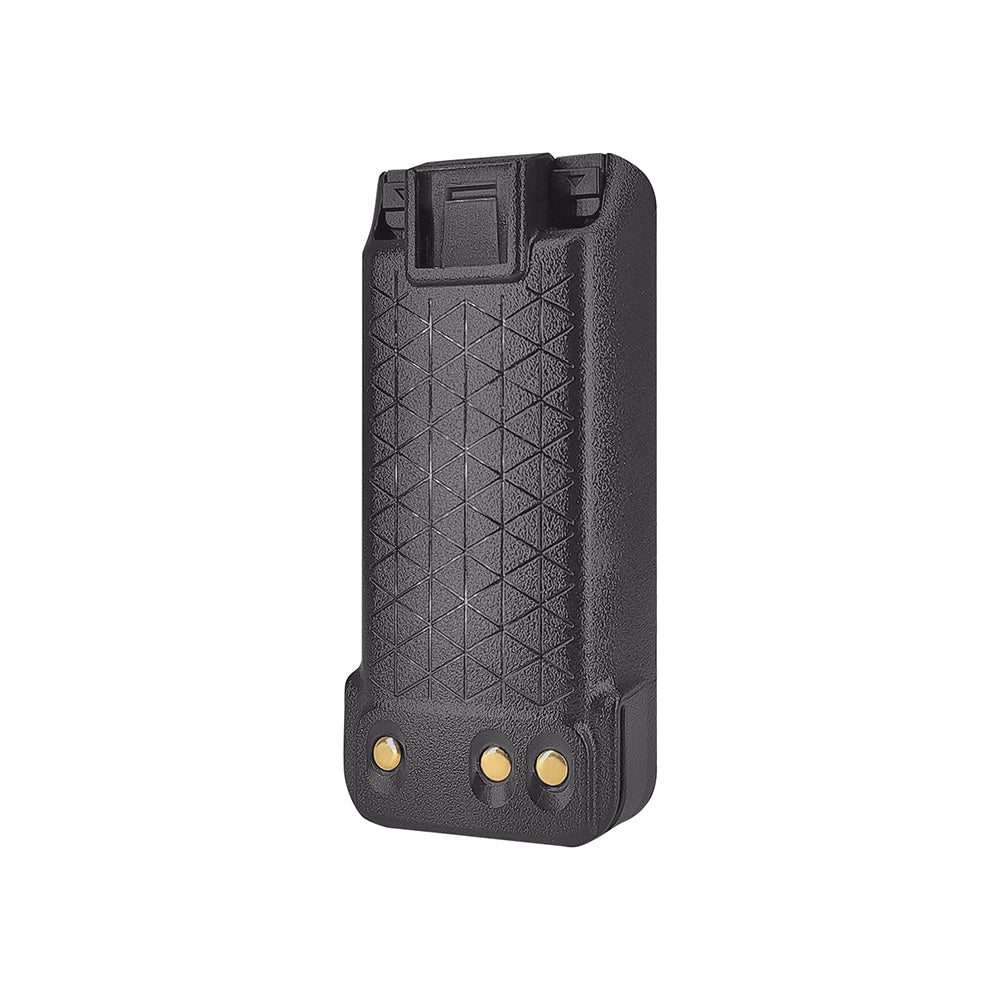
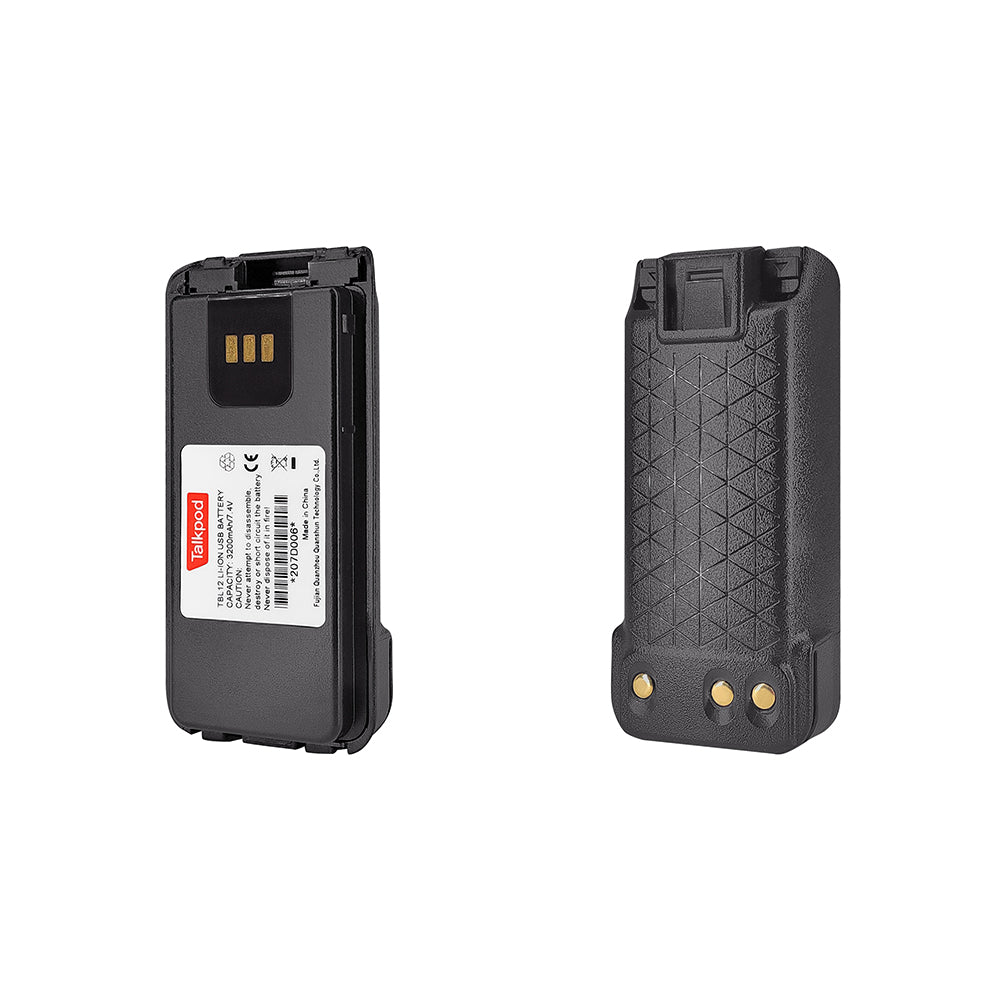
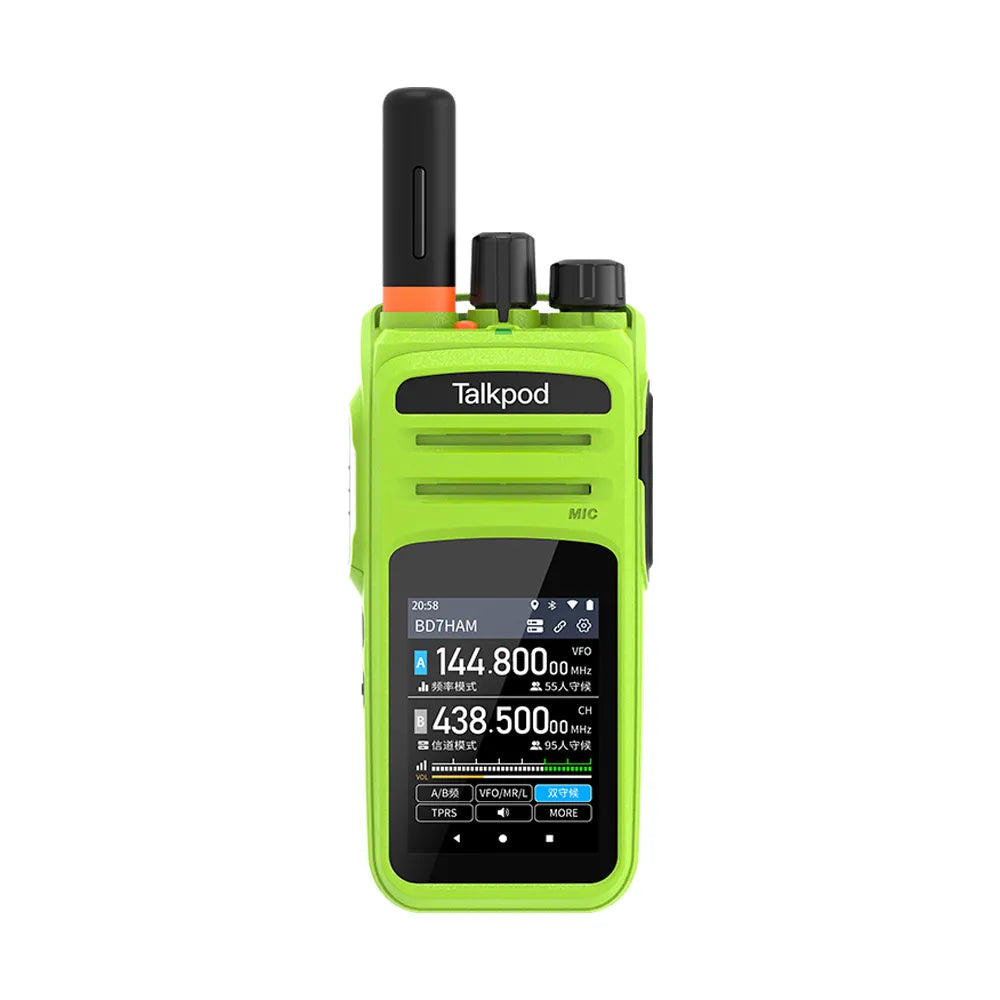
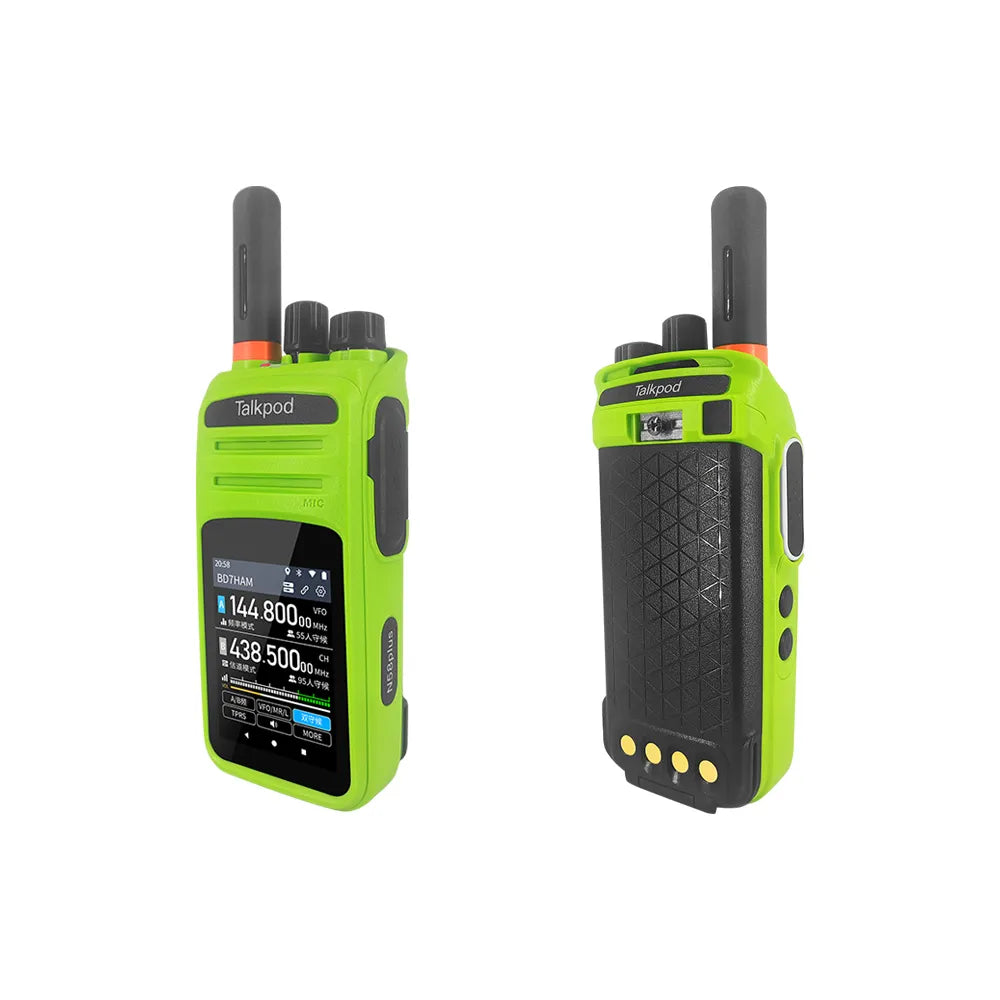
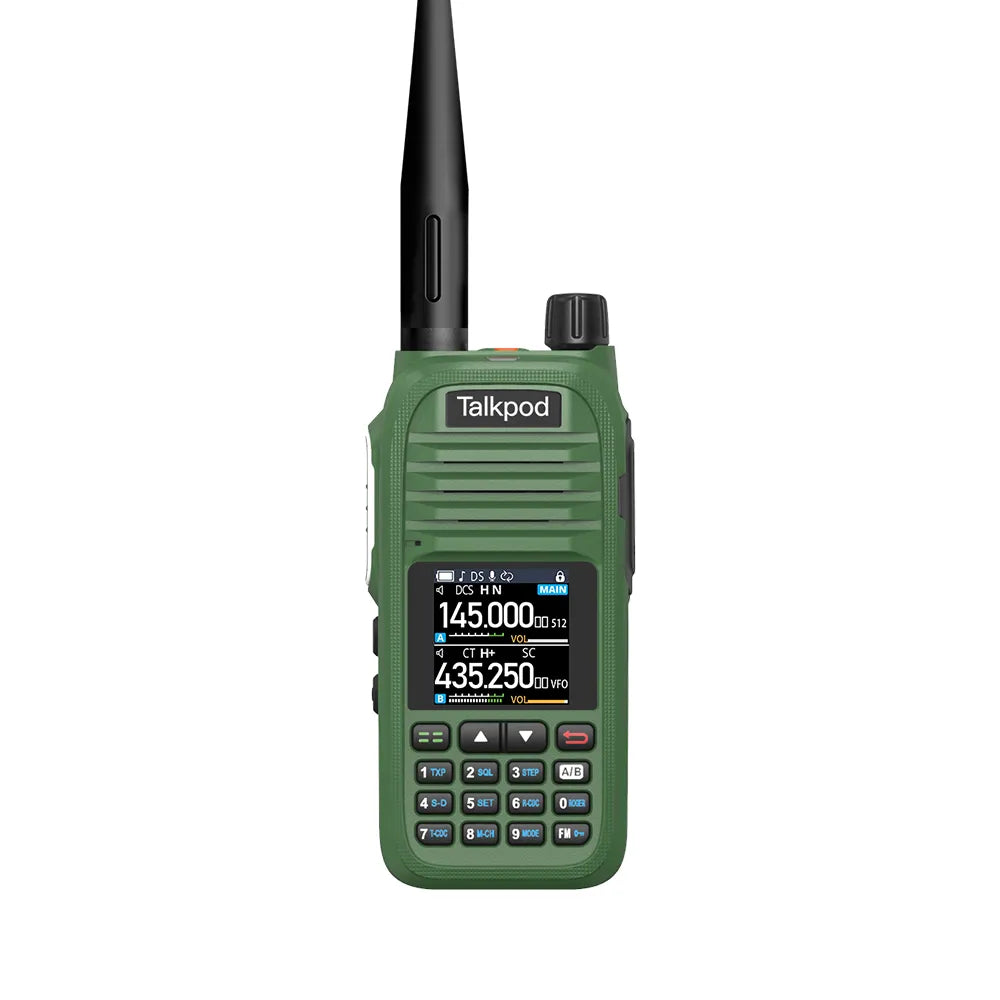
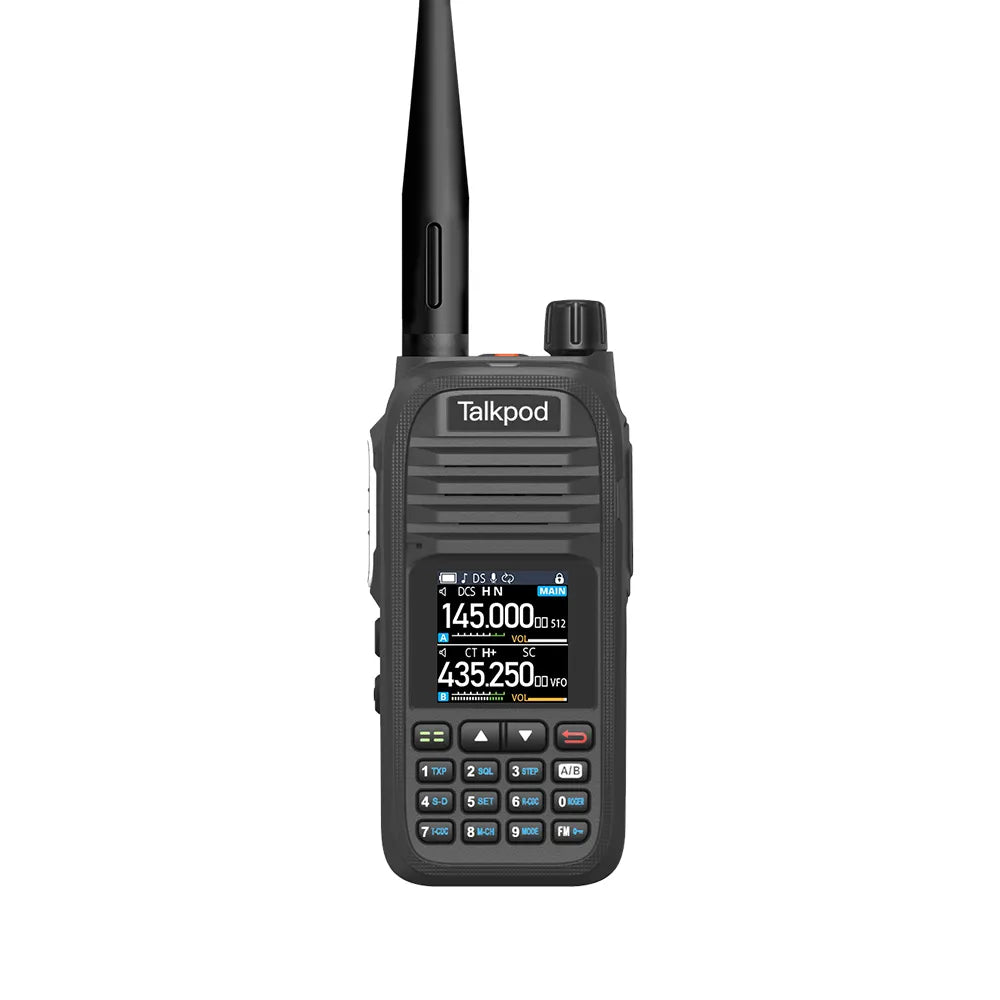
Leave a comment
All comments are moderated before being published.
This site is protected by hCaptcha and the hCaptcha Privacy Policy and Terms of Service apply.